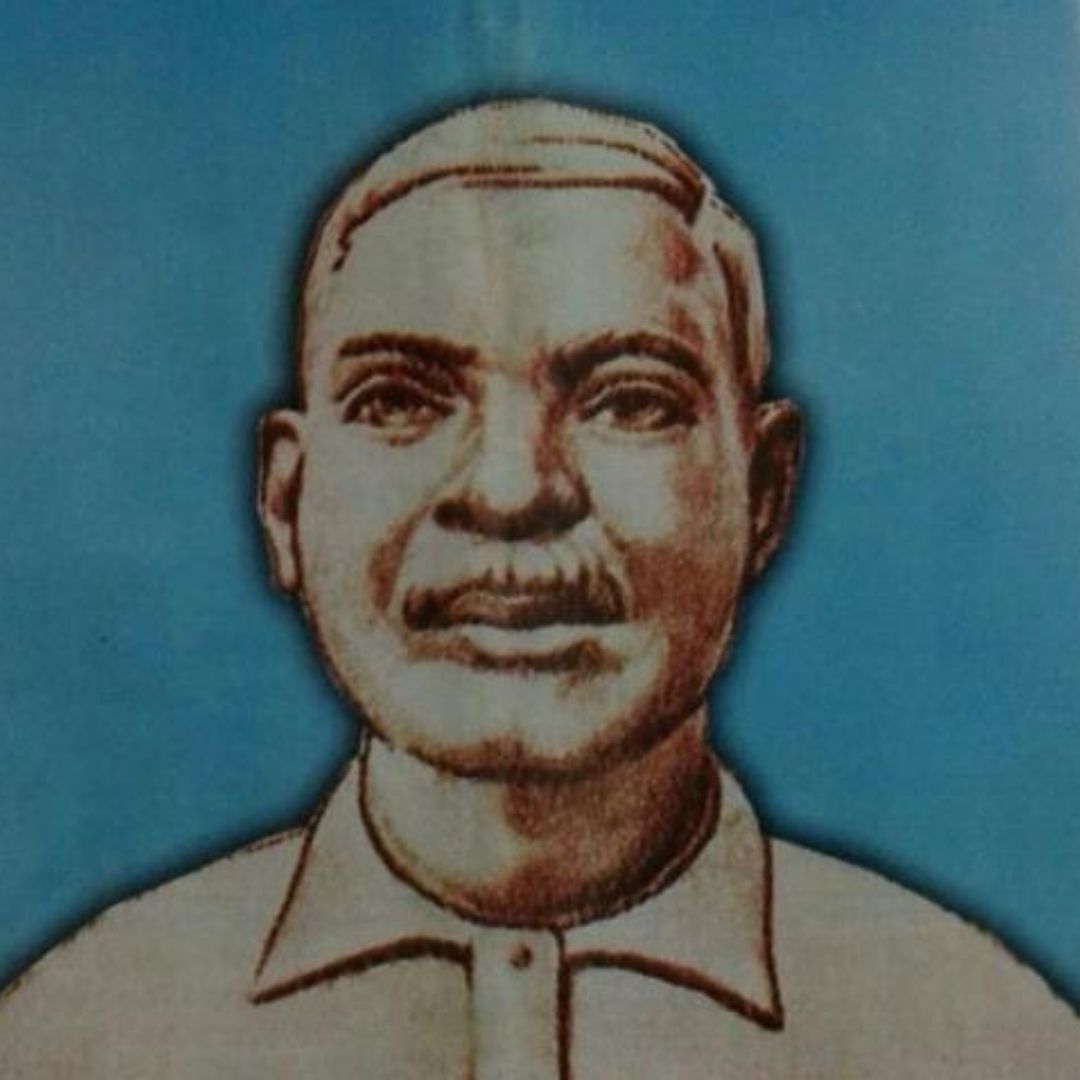
Image Credits: Twitter
Gandhi Of Malkangiri! Remembering Odia Tribal Hero Laxman Nayak On His 79th Death Anniversary
Writer: Tashafi Nazir
For most people, journalism sounds hectic and chaotic. For her, it's a passion she has been chasing for years. With an extensive media background, Tashafi believes in putting efforts on presenting a simple incident in the most interesting way.
India, 29 March 2022 10:47 AM GMT
Editor : Shiva Chaudhary |
A post-graduate in Journalism and Mass Communication with relevant skills, specialising in content editing & writing. I believe in the precise dissemination of information based on facts to the public.
Creatives : Tashafi Nazir
For most people, journalism sounds hectic and chaotic. For her, it's a passion she has been chasing for years. With an extensive media background, Tashafi believes in putting efforts on presenting a simple incident in the most interesting way.
Nayak followed Gandhian principles of truth, non-violence and peaceful non-cooperation throughout his life to oppose the cycle of repression by the British. He was hanged on March 29, 1943 in Berhampur jail.
The tribal society of Odisha has made an immense contribution to the national cause. With their courage and patriotism, they constantly challenged the foreign rulers. Laxman Nayak is one such great tribal hero who sacrificed his life for the country during the Quit India Movement.
According to New India Samachar, Nayak was born in south Odisha's Koraput district on November 22, 1899, and was a cult figure among its tribals. His father, Padalam Nayak, was the head of the Bhumia tribe and 'Mustadaar' under 'Jeypore Samasthanam' in the then Madras Presidency.
He had seen the brutal face of the British government in the matters of revenue collection, forest department and criminal cases. This was the reason Laxman Nayak started organising people in his society against exploitation by the officials of Jeypore Samasthanam.
This brought him recognition as a potential tribal leader and the National Congress admitted Nayak into its fold. During his training at Naupuri training centre for Congress workers, he got the opportunity to meet and interact with many Zonal and State level leaders, which enabled him to broaden his horizons.
Followed Gandhian Principles
Nayak followed Gandhian principles of truth, non-violence and peaceful non-cooperation throughout his life to oppose the cycle of repression by the British and strengthened the principle of Swaraj by advocating the use of Charkha through door-to-door campaigns. He spread the message of Quit India among the tribals of Odisha, which helped in intensifying the movement.
On August 21, 1942, Nayak led a procession in Koraput on the call of Mahatma Gandhi and protested peacefully in front of the Mathili police station. To disperse the crowd, police opened fire because of which 40 people were killed and over 200 were injured.
In such a scenario, the administration framed Laxman Nayak in a murder case, and eventually, he was sentenced to death. He was hanged on March 29, 1943, in Berhampur jail. He was so sure about the country's independence that he always used to say, "If the sun is true, the moon is also true, then it is equally true that India will also be free."
Also Read: Remembering 1999 Deadly Chamoli Earthquake That Killed Over 100 People, Collapsed About 2600 Houses
 All section
All section














